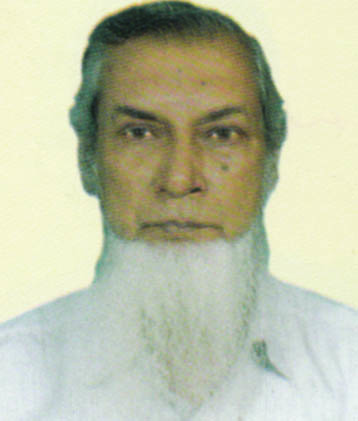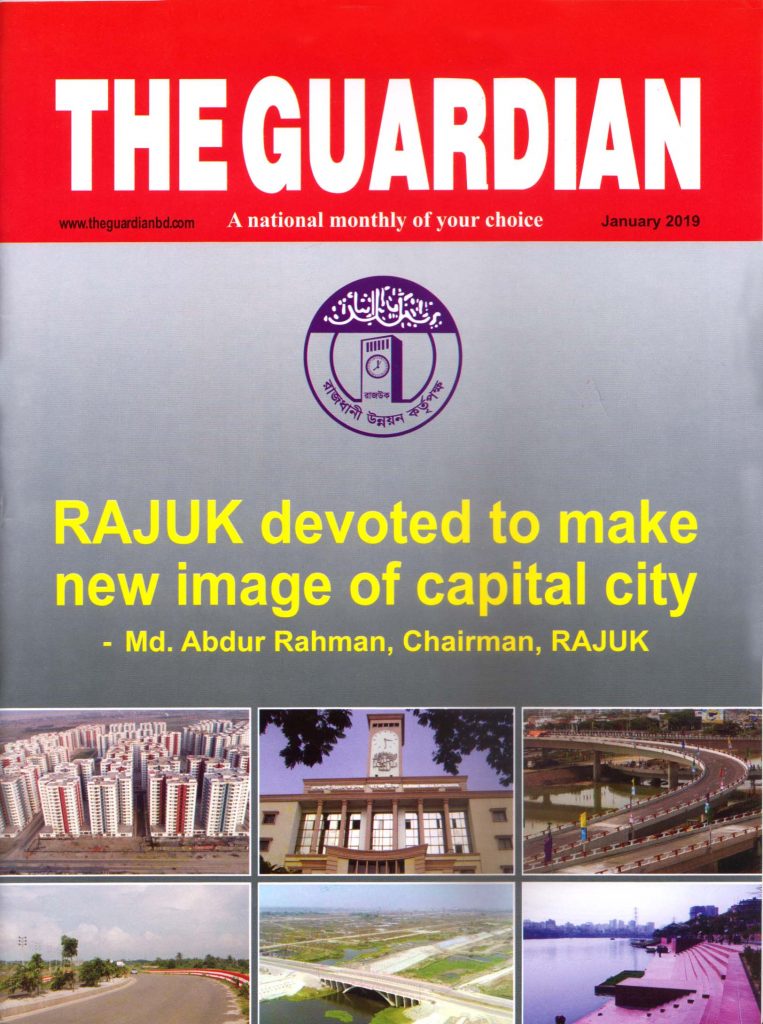
A. A. M. Baquer
Former Professor, Department of Management, University of Dhaka and VC Millennium University
The father of scientific management is Frederick Winslow Taylor who is popularly known as F. W. Taylor. He started his career as a factory worker pursuing side by side in night schools general education and became a mechanical engineer.
Henry Fayal is the father of modern management theory. He described managerial functions and enunciated fourteen principles of management. He published his book Administration Industrielle et Generale in 1916.
Suca Paciolo, the father of accounting, published his book Summa de Arithmetrica, Geometrica, Proportione et Proportionalite in Italy in the last decade of the fifteenth century.
M. Safiullah is the father of business education in Bangladesh. He obtained his master’s degree in Commerce from the Calcutta University. The degree at that time was M.A (Com). Mr. M. Safiullah joined commerce teaching in the University of Dhaka towards 1938. At that time there was no separate department in the University of Dhaka for teaching commerce. Commerce was being taught under the purview of the department of economics. In early forties, M. Safiullah went to the U.K. for higher studies and obtained B.Com. degree from the London School of Economics.
Professor A.F.A. Hossain M.Sc from London School of Economics was the Head of the Department of Commerce in early nineteen-fifties. Mr. M. Safiullah was a Reader in Commerce. In the academic year 1953-54, Professor A. F. A. Hussain hand gone out of the country on special leave from the Department of Commerce, University of Dhaka and Mr. M. Safiullah was appointed Head of the Department of Commerce-in-Charge for the period of leave-vacancy of Prof. A.F.A. Hussain. At that time, the Department of Commerce used to offer a two year B.Com. course and a two year M.Com. course. A student could qualify himself for appearing in the B.Com. examination after completing two years of study. A student who passed the B.Com. examination was qualified to get himself admitted in the M.Com. program. The first year of the M.Com. program was being described as M.Com (Preliminary) and the second year as M.Com. Final. There was no requirement for internship.
In 1953-54, when M. Safiullah was Head of the Department in charge, he introduced a three-year B.Com. (Hons.) program in place of the two year B.Com. program. The Commerce Department of the Dhaka University stopped the two-year B.Com. pass course. Two year B.Com. pass course was being offered the colleges which were affiliated to the University of Dhaka. The B.Com. (Hons.) final examination was to be programmed and conducted by the Controller of Examinations. The students were to study eight honours papers and two subsidiary subjects, namely, economics and commerce. Each of the subsidiary subjects would consist of three papers of one hundred each.
Mr. M. Safiullah also developed the Master of Commerce Program in two streams : accounting and industrial organization. In early nineteen-sixties Ford Foundation of the United States of America approached Dr. Mirza Nurul Huda, the then Head of the Department of Economics, University of Dhaka to take the charge of establishing the Institute of Business Administration for educating and training business executives. Dr. M. N. Huda said that he might consider the proposal if the organization is named School of Economics and Business Administration. The Ford Foundation did not agree. Mr. M. Safiullah, Reader in Commerce, went forward met the people of Ford Foundation and said that he might take the responsibility of establishing the Institute of Business Administration in the University of Dhaka. The Ford Foundation accepted the offer of Mr. M. Safiullah and the Dhaka University authorities appointed him as the founder-director of the Institute of Business Administration, Dhaka University.
Mr. M. Safiullah started working on the IBA project. He was looking after every aspect of the project, physical, technical, electrical, economic and academic dimensions and went forward with great promise, and we got the IBA, Dhaka University as it began its journey and succeeded to become the alma mater of many extraordinary business leaders of Bangladesh. So, we can unquestionably conclude: “ Professor Mr. M. Safiullah is the father of business education in Bangladesh.”









